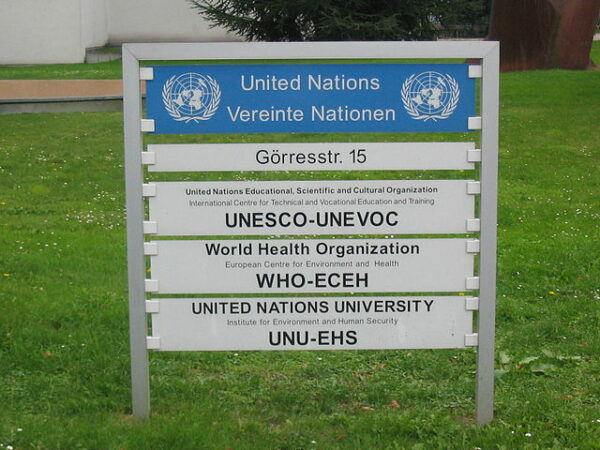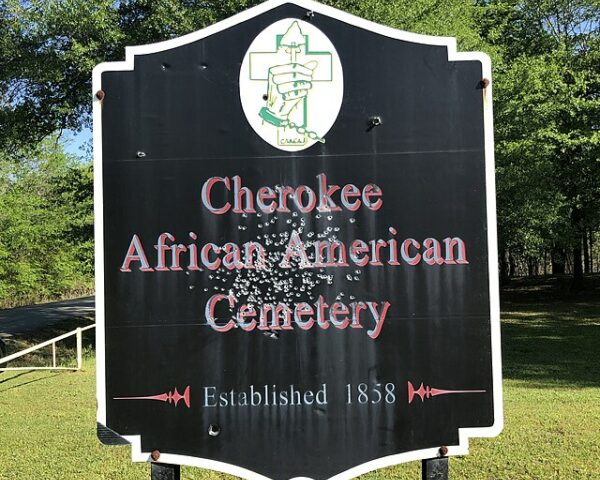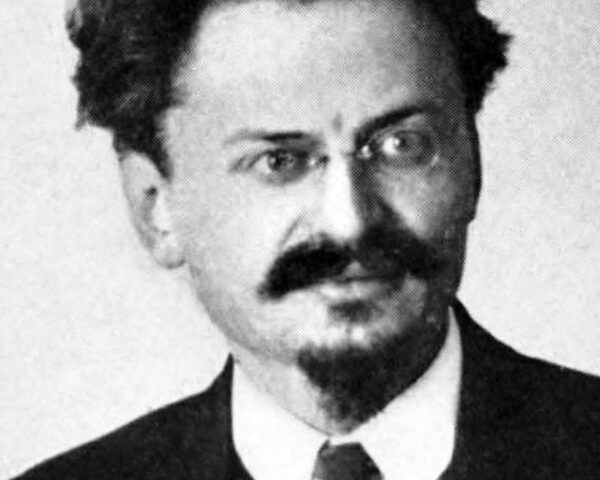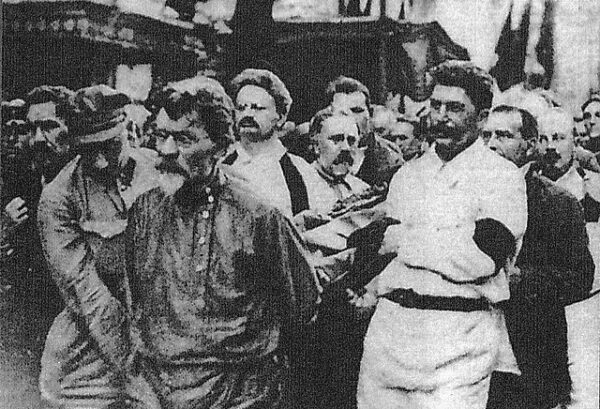The United Nations Educational, Scientific and Cultural Organization (UNESCO) was established on November 16, 1945. The aim of the new agency was to promote international collaboration in the fields of education, science, and culture. The hope for world leaders was that following the devastation…
Read MoreOn November 15, 1842, before dawn at Webbers Falls in the Cherokee Nation, a group of enslaved men, women, and children made a collective decision that would reverberate across Indian Territory. They locked their Cherokee owners in their homes, seized guns and ammunition, gathered…
Read MoreOn November 15, 1971, Intel Corporation released the 4004 microprocessor, marking a transformative moment in technology as the world’s first commercially available single-chip microprocessor. The Intel 4004 was a pioneering invention that condensed the functionality of an entire computing machine into a single integrated…
Read MoreOn a damp, gray Tuesday evening that did little to distinguish itself from any other in the British capital, a quiet technological revolution began. At precisely 6:00 p.m., the British Broadcasting Company — a consortium of leading wireless manufacturers — officially launched its first…
Read MoreOn November 14, 1770, Scottish explorer James Bruce claimed to have made one of the most significant geographical discoveries of his time: the source of the Blue Nile River. After years of grueling travel and hardship, Bruce reached what he believed to be the…
Read MoreOn November 13, 1982, the lights of Caesars Palace glared down upon the ring as WBA lightweight champion Ray “Boom Boom” Mancini stepped forward to defend his title against South Korea’s young challenger, Duk Koo Kim. What unfolded that night was one of the…
Read MoreThe Great Meteor Shower of 1833 was a spectacular celestial event that left a lasting impression on those who witnessed it. On the nights of November 12 and 13, 1833, the skies lit up across the United States. one of the most intense meteor…
Read MoreVoyager 1’s close encounter with Saturn on November 12, 1980, marked a decisive turning point in humanity’s study of the outer solar system—a moment when a 1,800-pound machine, flung from Earth three years earlier, delivered images and measurements that fundamentally redefined scientific understanding of…
Read MoreOn November 12, 1927, Leon Trotsky, a towering figure of the Russian Revolution and a former close ally of Vladimir Lenin, was expelled from the Soviet Communist Party. This moment marked a pivotal shift in Soviet politics, consolidating Joseph Stalin’s undisputed control over the…
Read MoreLeon Trotsky’s expulsion from the Soviet Union marked a pivotal moment in the tumultuous history of the early 20th century. A prominent Marxist revolutionary and one of the key figures in the Russian Revolution of 1917, Trotsky played a crucial role in the establishment…
Read More










